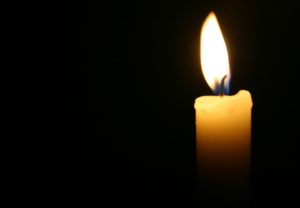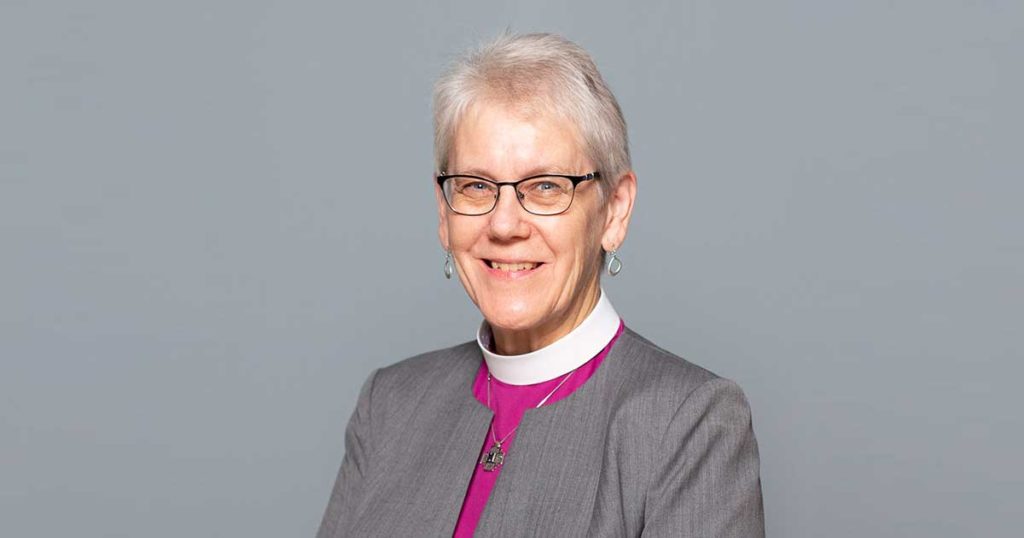The Gift of Wilderness Time
a sermon on Mark 1:9-15
The Rev’d Rhonda Waters
Turning to God

The Story for the
First Sunday in Lent
February 21, 2021
prepared by the Rev’d Rhonda Waters
Psalm 25:1-9
To you, O Lord, I lift up my soul; my God, I put my trust in you;
let me not be humiliated, nor let my enemies triumph over me.
Let none who look to you be put to shame; let the treacherous be disappointed in their schemes.
Show me your ways, O Lord, and teach me your paths.
Lead me in your truth and teach me, for you are the God of my salvation; in you have I trusted all the day long.
Remember, O Lord, your compassion and love, for they are from everlasting.
Remember not the sins of my youth and my transgressions; remember me according to your love and for the sake of your goodness, O Lord.
Gracious and upright are you, O Lord; therefore you teach sinners in your way.
You guide the humble in doing right and teach your way to the lowly.

Something to Do
Walking through Lent
Go for a walk every day (or every week or whatever pattern works for you) and spend part of it in prayer. Consider using a breath prayer – a simple phrase to focus your attention and release your heart – taken from each week’s psalm.
This week, as you take a breath in,
To you, O Lord, I lift up my soul;
and, as you slowly release your breath,
my God, I put my trust in you.
End your walk by thanking God for keeping you company.
You guide the humble in doing right and teach your way to the lowly.
Lent is a season of fasting not for the sake of suffering but as a tool for dragging our attention away from satisfying our own hungers towards the teachings of God.
How will you turn your attention to God in this season?
- simplify your diet – cut out sweets or dairy or processed foods
- attend to your time – get up or go to bed earlier or give up Netflix or commit to a lunch hour
- say your prayers – see above or try a daily prayer site/app (I am using this one these days) or use a finger labyrinth
- direct your resources – give your money or your time to the work of God (volunteering is tricky these days but you can use your time to learn)

Something to Wonder
Where do you put your trust?
This psalm feels to be both a declaration of trust and a desire to trust in God, recognizing that it is not always an easy thing to do even when we want to do it.
What are your thoughts on trust? Do you find it easy or difficult to trust? Why?
In what, or in whom, do you trust? Why?
Do you trust God? What does that mean to you?
Remember me according to your love
God remembers us not according to our sins but according to God’s love. This is a beautiful way to think about forgiveness – an expression of our core identity as beloved by God.
Can you imagine forgiving someone by remembering them according to your love for them rather than according to their sins? What would that look like? What possibilities would it open up?
If you are carrying a burden of guilt, does knowing God remembers you according to God’s love for you help you to lay it down?

Something to Learn
Sin
The Bible Project offers a thought-provoking and engaging video on the Biblical concept of sin. Find it here.
Repentance
To repent is to look, not downward at my own shortcomings but upward at God’s love; not backward with self-reproach, but forward with trustfulness. It is to see, not what I have failed to be, but what by the grace of God I can yet become.
Bishop Kallistos Ware
The Department of Christian Education of the Orthodox Church in America expands on Bishop Ware’s understanding in this very short article: Repenting is Not Just Lamenting

Something to Pray
Holy God, we do not always understand your word or your ways.
Give us wisdom and imagination and courage as we learn and grow.
The story this week has made me wonder about…
(what questions are still on your heart?)
Receive my questions and help me hear your answers.
The story this week has filled me with…
(how are you feeling?)
Accept my praise, heal my hurt, ease my worry.
The story this week has reminded me of…
(are there situations or people you are thinking of?)
Be with all who are in need of you.
In Jesus’ name, we pray.
Amen.
March 14th – the Most Rev’d Linda Nicholls

Archbishop Linda Nicholls was elected the 14th Primate of the Anglican Church of Canada in July 2019. She leads the church in discerning and pursuing the mission of God.
We are excited to welcome her to our service on March 14th, 2021. Archbishop Linda will preach for us and join us for coffee hour.
Last Sunday after Epiphany – The Transfiguration
This is my Son, the Beloved. Listen to him.
Turning from Epiphany to Lent
a sermon on Mark 9:2-9
The Rev’d Rhonda Waters
Weird things happen on mountaintops

The Story for the
Feast of the Transfiguration
February 14, 2021
prepared by the Rev’d Rhonda Waters
Mark 9:2-9
Six days later, Jesus took with him Peter and James and John, and led them up a high mountain apart, by themselves. And he was transfigured before them, and his clothes became dazzling white, such as no one on earth could bleach them. And there appeared to them Elijah with Moses, who were talking with Jesus. Then Peter said to Jesus, “Rabbi, it is good for us to be here; let us make three dwellings, one for you, one for Moses, and one for Elijah.” He did not know what to say, for they were terrified.
Then a cloud overshadowed them, and from the cloud there came a voice, “This is my Son, the Beloved; listen to him!” Suddenly when they looked around, they saw no one with them any more, but only Jesus. As they were coming down the mountain, he ordered them to tell no one about what they had seen, until after the Son of Man had risen from the dead.

Something to Do
Go up a mountain
Why are mountains so often thin places – places where there seems to be less distance between heaven and earth or the mundane and the sacred than usual?
We can’t do any mountain climbing these days but take a look at these Google Earth tours of some of the world’s highest peaks and let your spirit soar.
He did not know what to say
Do you ever find yourself at a loss for words – whether because you are frightened or sad or shy or just overwhelmed? Or perhaps you don’t feel at a loss for words, exactly. Perhaps your experience is more like Peter’s and words – any words – just spill out.
Either way, try silence. The next time you find yourself grasping at words, take a beat and see what you hear when you don’t fill the space with your own voice.

Something to Wonder
Elijah with Moses were talking with Jesus
What a gift this moment was for Jesus – a visit with two great ancestors upon whose teaching Jesus himself stood.
Who are the ancestors whose teaching has shaped you? These might be literal ancestors, as in family members, or they might be ancestors in your professional or political or spiritual life.
How have they shaped you? In what ways have you drawn on and expanded their teachings in your own life?
…and he was transfigured before them
Seeing someone you love transformed is itself a transformative experience. Peter, James, and John came down that mountain different people than who they were when they went up it.
How do you think they were changed?
Have you ever witnessed a transformation (probably one that took more time than this one)? How did it change you?

Something to Learn
The Politics of Bedazzlement
This is a wonderful (and brief) essay by Mark Davis on the transfiguration and our compulsion to put words on everything.
In the narrative of Mark’s gospel, Jesus’ journey to his cross in Jerusalem is interrupted by the incredible event of his Transfiguration. Peter’s rush to speech is characteristic of our frequent over-reliance upon words to process and respond to things that demand our silence and our wonder.
Read more.

Something to Pray
Holy God, we do not always understand your word or your ways.
Give us wisdom and imagination and courage as we learn and grow.
The story this week has made me wonder about…
(what questions are still on your heart?)
Receive my questions and help me hear your answers.
The story this week has filled me with…
(how are you feeling?)
Accept my praise, heal my hurt, ease my worry.
The story this week has reminded me of…
(are there situations or people you are thinking of?)
Be with all who are in need of you.
In Jesus’ name, we pray.
Amen.